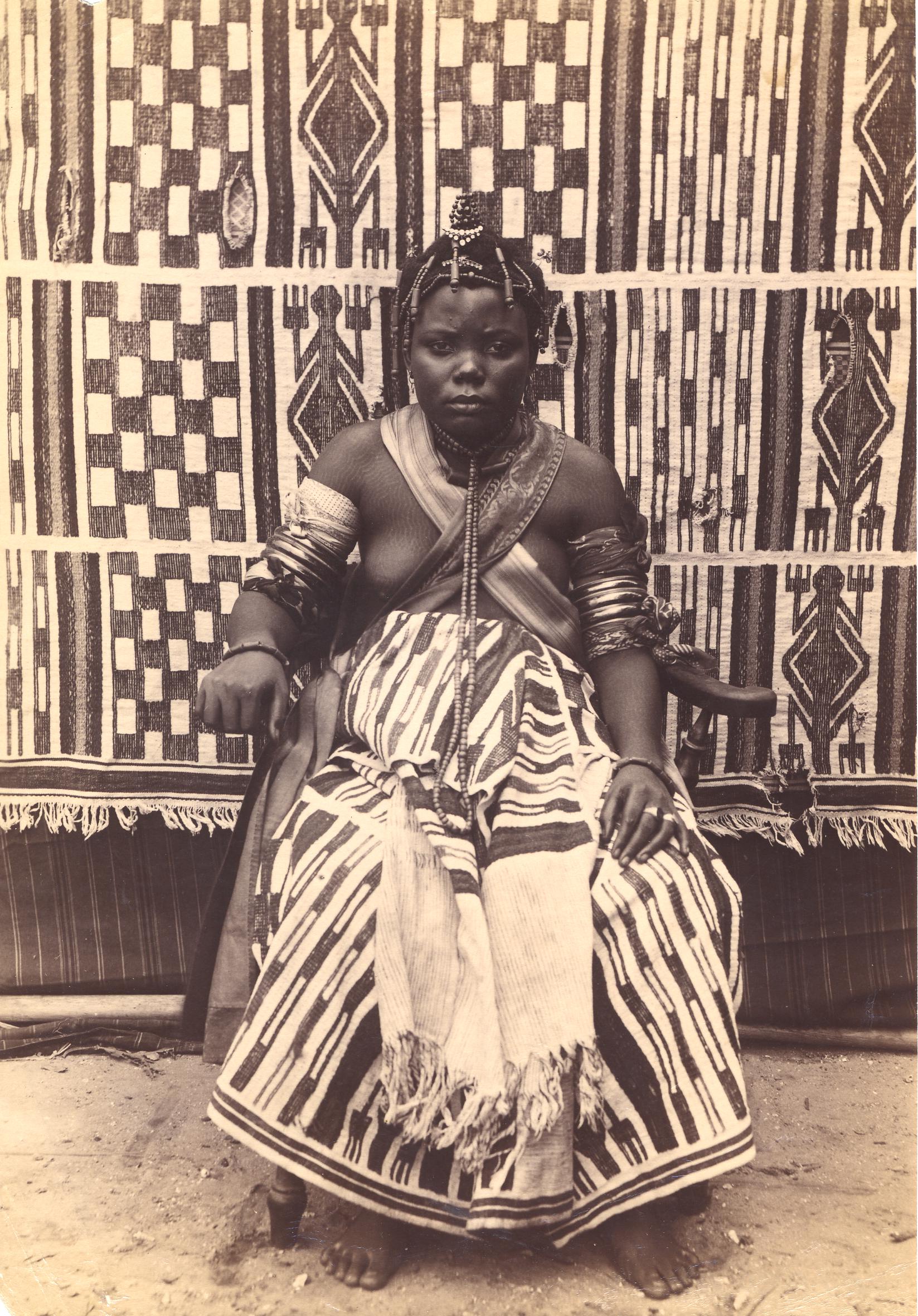
A photograph from around 1880 to 1905 by Nigerian Photographer J.A. Green. The image depicts a young Igbo woman, adorned in traditional wedding attire. She wears a patterned textile dress, elaborate beaded jewelry, and a unique hairstyle. A patterned textile serves as the backdrop.
Rediscovering the Beauty of Igbo Wedding Traditions
Igbo weddings are a joyous celebration of love, family, and the rich shades of Igbo culture. However, in our embrace of contemporary styles, many traditional practices are fading from memory. Today, let’s delve into Igbo weddings and rediscover some of these forgotten aspects that make these ceremonies so special.
The Bride’s Adornment
Igbo bridal attire is more than just stunning; it’s a symbolic language reflecting the bride’s status and heritage. The photograph above beautifully showcases this. Her elaborate hairstyle, adorned with local materials, and the exquisite “iva” jewelry speak volumes about her family and the exciting new journey ahead.
Traditionally, Igbo bridal wear was crafted from handwoven fabrics, with each design carrying specific meanings about the family’s history and the bride’s new role as a wife. Natural dyes colored these cloths, each hue symbolizing prosperity, fertility, or protection. The detailed attire in the image reflects the exceptional craftsmanship and cultural pride of the Igbo people.
Hair and Jewelry
Intricate hairstyles and jewelry were central to Igbo weddings. The elaborate hair designs, exhaustively created with threads and beads, could take hours to perfect, symbolizing the bride’s beauty and readiness for marriage. Coral beads were more than just ornaments; they represented wealth, fertility, and protection. Often passed down through generations, these beads added ancestral value to the bridal ensemble, showing the bride’s position in the society.
Iru Mgbede (Fattening Room)
One of the most significant, yet fading traditions, is the Iru Mgbede, or fattening room. This pre-wedding ritual involved secluding the bride-to-be and nurturing her with special care. During this period, she is pampered with the best foods and beauty treatments and taught the essentials of marital life by the older women in her family. The Iru Mgbede was more than just physical preparation; it was a spiritual and educational rite of passage. The bride gained invaluable knowledge about marital duties and her role within the community, making it a crucial part of her transformation into a wife.
Ime Ego (Bride Price)
The Ime Ego, or dowry presentation, is a deeply rooted tradition in Igbo weddings. It involves the groom’s family presenting gifts to the bride’s family, symbolizing respect and appreciation. This practice is not a mere financial transaction but a meaningful exchange that strengthens familial bonds. Traditional Ime Ego gifts include yams, palm wine, and livestock. Each offering has its own significance, representing prosperity, fertility, and the groom’s ability to provide for his new family.
Igba Nkwu (Wine Carrying Ceremony)
The Igba Nkwu is the main marriage ceremony in Igboland. It begins when the groom arrives with his entourage at the bride’s family house. Both parties meet and greet before the occasion kicks off with prayers. The bride appears three times with her bridal train to dance and greet the guests, each time wearing a different outfit. This ceremony is a public affirmation of the union and a gesture of goodwill between families. The highlight is when the bride searches for her groom amidst the crowd and offers him palm wine, signifying her acceptance and the formal union.
Music and Dance
Music and dance are the lifeblood of Igbo wedding celebrations. Traditional instruments like the ogene (metal gong), ekwe (wooden drum), and oja (flute) create the rhythmic backdrop for the festivities. These performances are not just for entertainment; they are a vital form of cultural expression. The rhythmic sounds and dances embody the joy and communal spirit of the occasion.
The Role of Elders
Elders (ndị okenye) are the guardians of tradition in Igbo weddings. Their presence and blessings are essential for a successful and legitimate marriage. Elders offer ongoing support and guidance, reinforcing the community’s role in upholding the marriage. Their involvement signifies respect for ancestral traditions and reinforces communal unity.
Our Collective Responsibility
As modern influences continue to shape Igbo weddings, it’s crucial to remember and celebrate these cherished traditions. Let’s work together to ensure these practices continue to be celebrated for generations to come. Let’s Keep Our Culture Alive!
What Igbo wedding tradition holds the most meaning for you? Have you witnessed any lesser-known traditions that deserve to be celebrated? Share your thoughts and experiences in the comments below! Let’s work together to ensure these practices continue to be celebrated for generations to come.
Explore Further
For more on this topic, explore our recommended reading below.
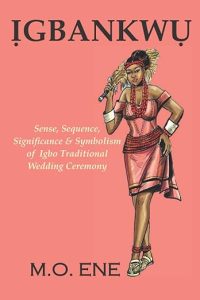 Recommended Books
Recommended BooksIGBANKWU: Sense, Sequence, Significance & Symbolism of Igbo Traditional Wedding Ceremony by M.O. Ene
Title: IGBANKWU: Sense, Sequence, Significance & Symbolism of Igbo Traditional Wedding CeremonyAuthor: M.O. EnePublisher: Independently publishedPublication Date: July 20, 2022Format: PaperbackPages: 214ISBN-13: 979-8841661252ASIN: B0B7Q3R13SLanguage: English Overview “IGBANKWU: Sense, Sequence, Significance & Symbolism of Igbo Traditional Wedding Ceremony” by M.O. Ene is an insightful exploration of the intricate rituals and cultural importance of the Igbo traditional […]
Discover more from Igbo Archives
Subscribe to get the latest posts sent to your email.
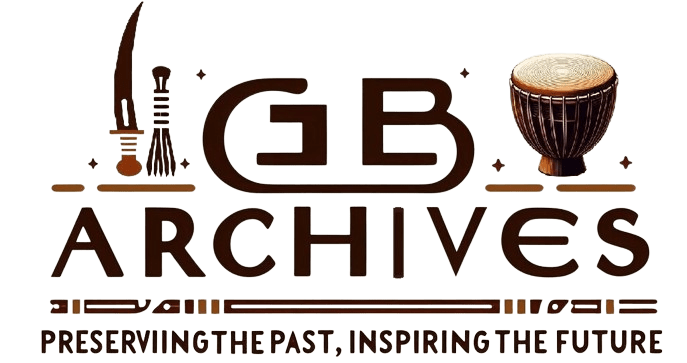
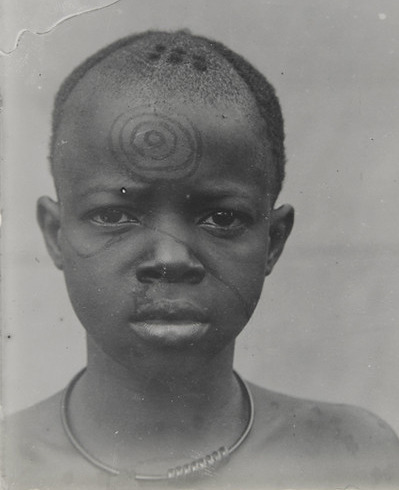
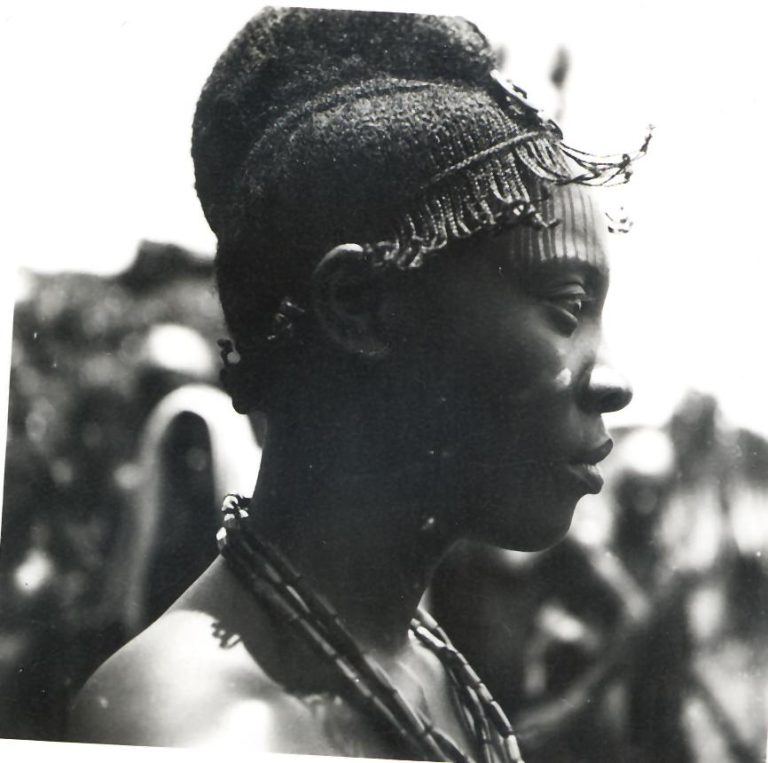
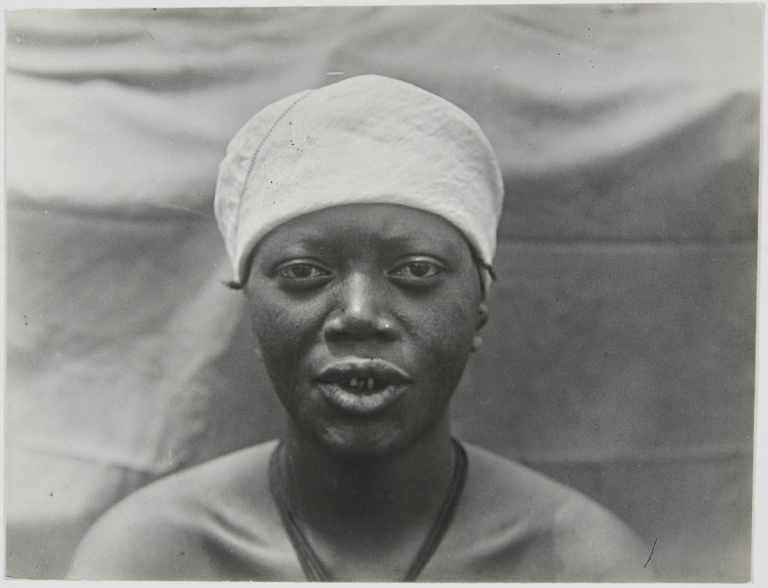
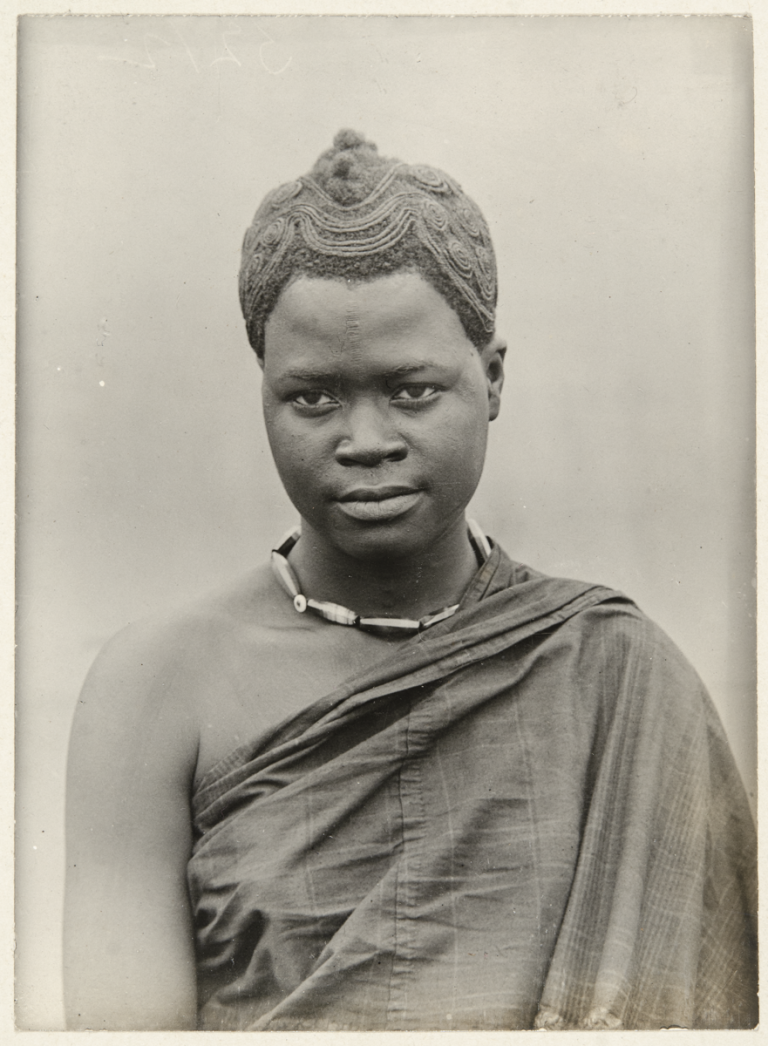
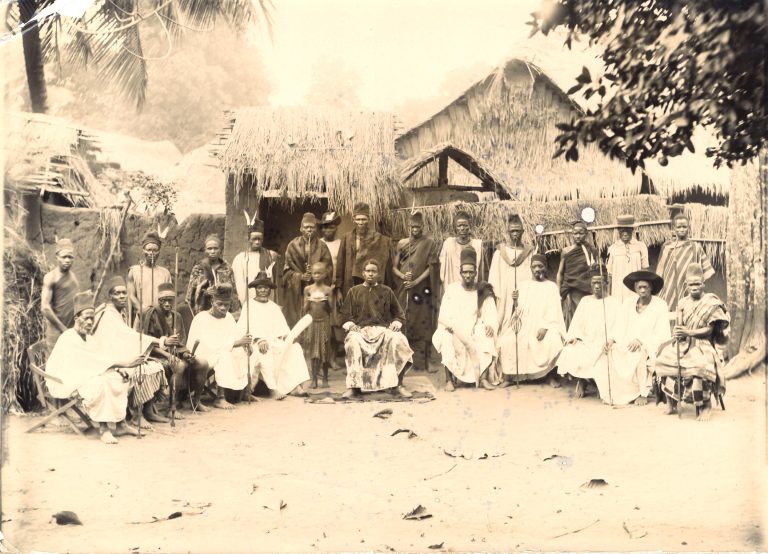
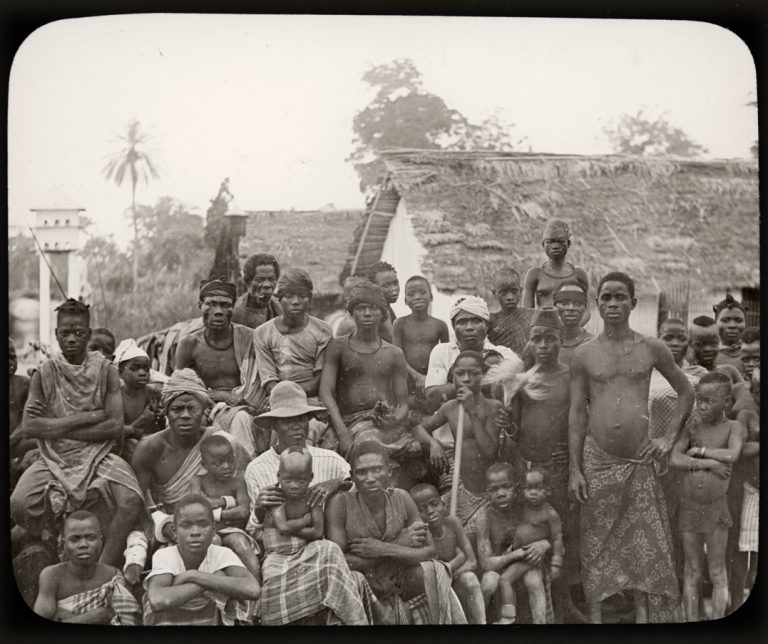
She’s beautiful